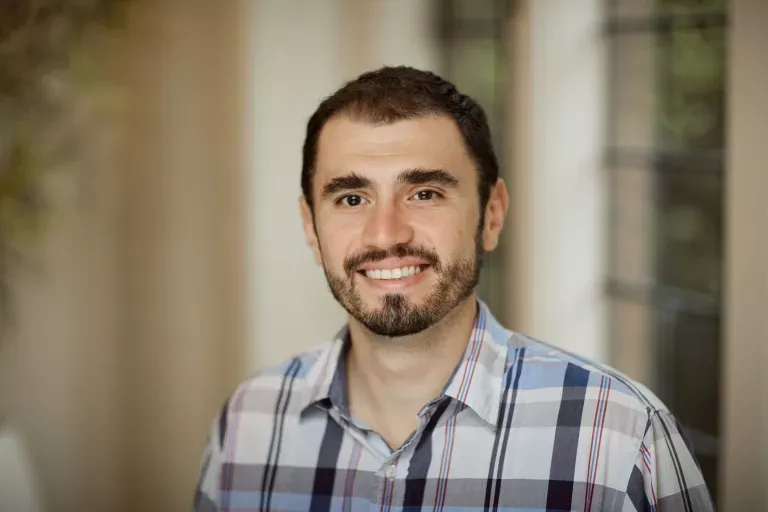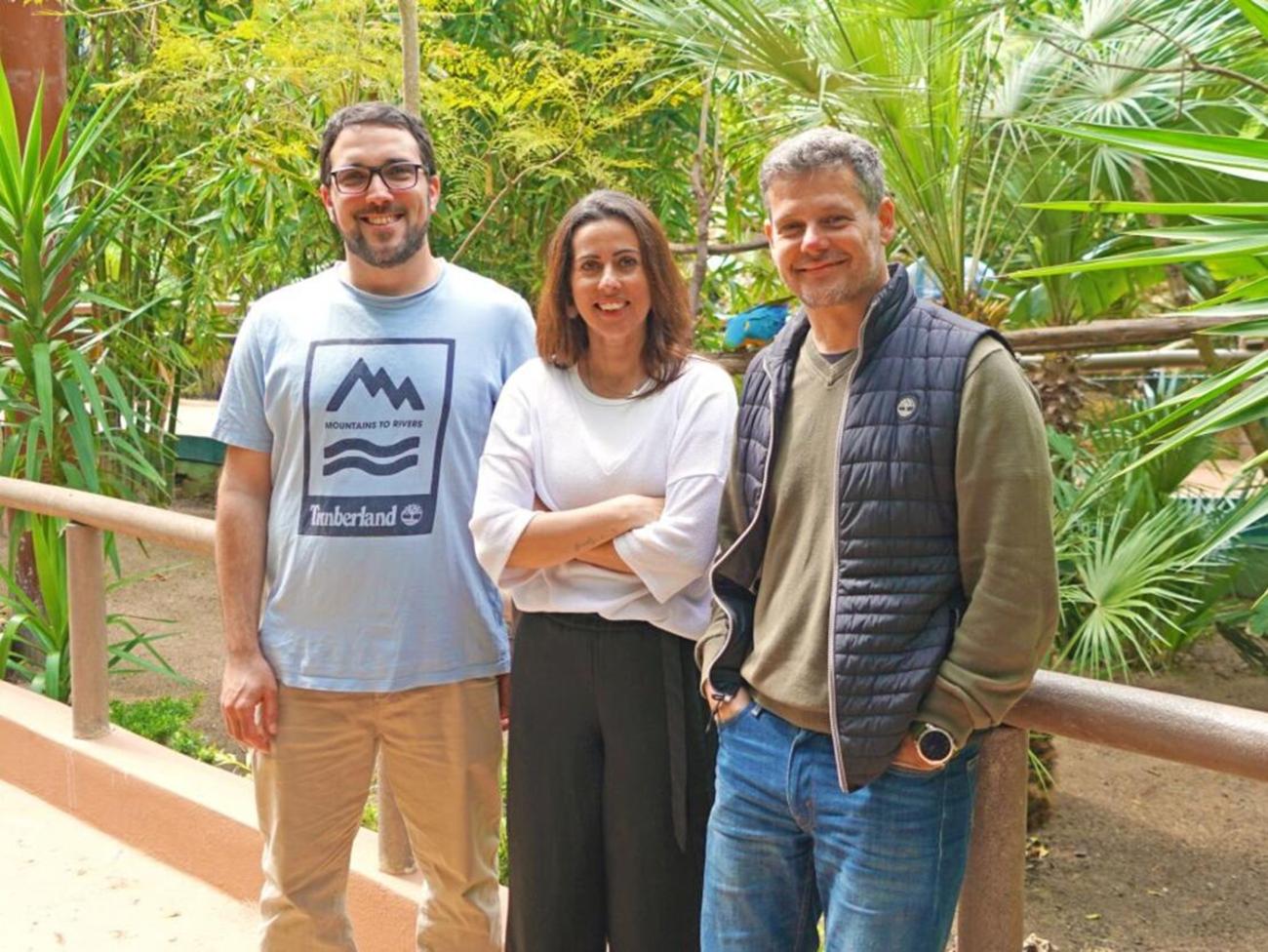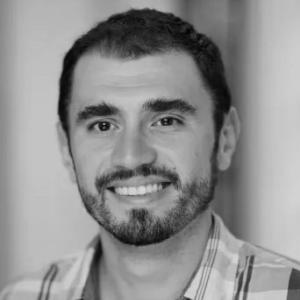A new conservation initiative in Europe is turning the spotlight on people as a key part of saving wildlife — and at the heart of it is behavioural scientist Dr Diogo Veríssimo.
Announced on Earth Day, the International Union for Conservation of Nature (IUCN) and Zoomarine Portugal have launched the Center for Species Survival (CSS) on Behaviour Change, a first-of-its-kind hub focused on transforming the way we think about conservation.
The Center, based in Albufeira, Portugal, aims to become a leading force in using behavioural science to tackle biodiversity loss. While traditional conservation efforts often focus on biological factors, Dr Veríssimo, Chair of the IUCN SSC Commission on Education and Communication Behaviour Change Task Force, believes that's only half the battle.
Conservation isn’t just about animals and ecosystems, it’s about people. We’ve spent decades trying to fix ecological problems without addressing the human behaviours behind them. This Center is about changing that."

Dr Diogo Veríssimo, Research Fellow, ECI and Chair of the IUCN Behaviour Change Task Force
Backed by a dedicated team from Zoomarine Portugal, and supported by the IUCN’s global expertise, the CSS will work with scientists, educators, policymakers, and communities to create strategies that actually change behaviours harming wildlife. From reducing plastic pollution to encouraging sustainable fishing practices, the goal is to shift public habits and policies in ways that create real, lasting impact.
João Neves, Director of Science and Conservation at Zoomarine, said: “This pioneering Center allows us to pilot-test and implement 21st century conservation strategies that address the root causes of biodiversity loss. By understanding and influencing human behaviour, we're developing solutions that benefit both people and nature, creating a model that can be adapted worldwide."

Edgar Ribeiro, Isa Pinho and João Neves, the team at the Center for Species Survival (CSS) on Behaviour Change in Albufeira, Portugal
With its strong links to European and international zoological networks, and partnerships across governmental and academic sectors, the new Center is especially focused on marine species, from dolphins to sea turtles, which face mounting threats due to human activity.
By integrating behavioural science into the core of conservation practice, Dr Veríssimo and his team are reshaping how we approach the planet’s most pressing environmental challenges — not just with biology, but with the human factor in mind.
Read the full announcement on IUCN’s website.

